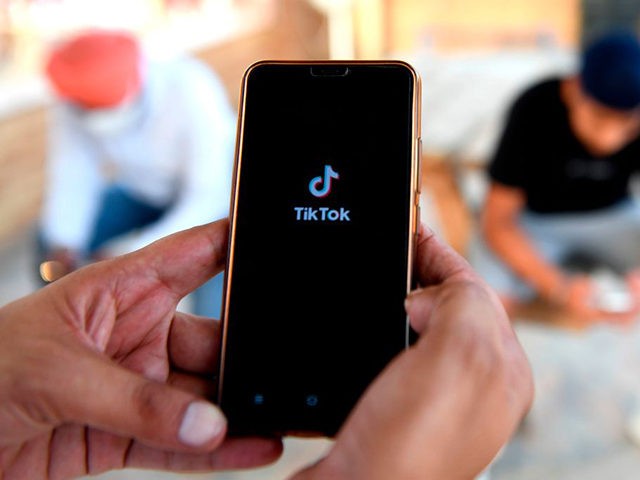After banning 59 Chinese smartphone apps at the start of its “Boycott China” initiative last month, India expanded the list Friday to include 47 more — most of them clones or alternate versions of the apps banned in June.
Among the banned apps are TikTok Lite, Helo Lite, SHAREit Lite, BIGO LIVE Lite, and VFY Lite, the Times of India reported Monday.
The full list of the 47 newly banned apps is not yet available, the report added.
WION News noted Monday that the Indian government also made good on promises to tighten the rules for Chinese companies seeking to make investments in India, imposing a more rigorous screening process that requires “political and security clearance from the Ministries of External and Home Affairs respectively.”
India’s boycott of Chinese goods is still going strong despite some early predictions — many of them from hostile Chinese officials and media sources — that it would quickly collapse because India was heavily dependent on Chinese imports and investment capital.
On Monday, Chinese telecom giant Huawei announced it was reducing its projection for revenues from India for 2020 by almost 50 percent, and would accordingly lay off 60 to 70 percent of its Indian staff. One reason cited for the reduced revenue projections is that the Indian government has instructed two of its state-run telecom companies to avoid using Chinese equipment when upgrading their mobile networks.
Reuters noted on Monday that Chinese companies large and small are feeling unexpected pressure from India’s boycott, and also from U.S. and European markets turning against Chinese companies after the coronavirus pandemic, China’s human rights abuses, and the crackdown on Hong Kong.
China’s ByteDance corporation is reportedly considering a sale of its flagship product, the TikTok video sharing app, which is one of the most prominent apps banned by India and might soon be barred in the United States due to security concerns.
Reuters quoted analysts who said some Southeast Asian markets are growing reluctant to take Chinese investment money or import Chinese products, especially software and electronics that could be compromised by Chinese intelligence agencies.
The South China Morning Post predicted India and China would eventually make amends and restore much of their previous trade relationship, since the Indian boycott is hurting consumers and businesses in both countries. Some lingering damage due to a loss of trust between the two countries is expected, and some analysts believe India might be able to find enough alternative suppliers and develop enough domestic production to permanently reduce its reliance on trade with China.

COMMENTS
Please let us know if you're having issues with commenting.